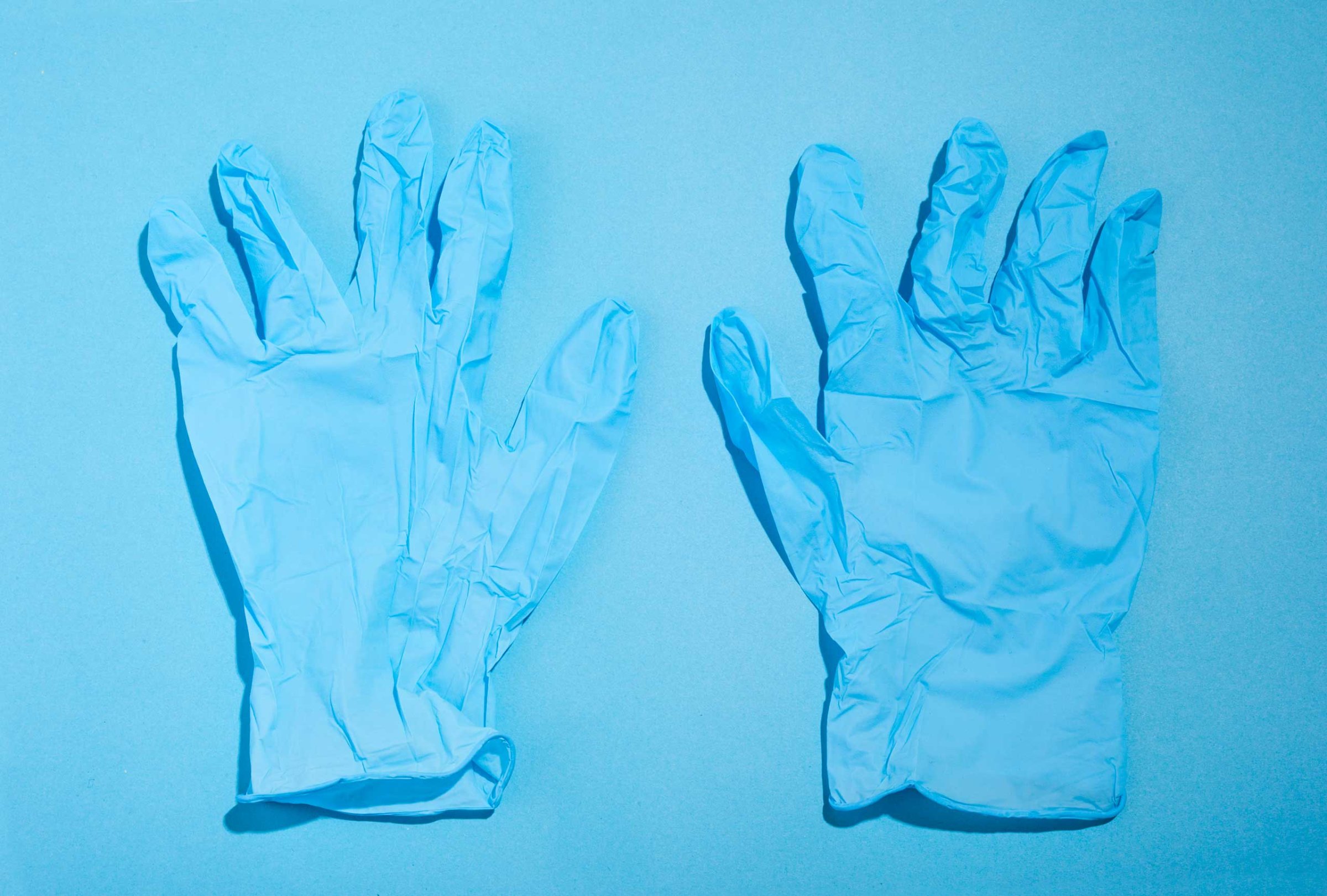
The political views of doctors may influence the care they provide, a new study suggests—especially when it comes to issues that are politically fraught, like firearms and abortion.
In the new report, published Monday in the journal Proceedings of the National Academy of Sciences (PNAS), researchers at Yale University linked records of more than 20,000 primary care doctors to a voter registration database in order to obtain the doctors’ political affiliations. They then surveyed a portion of these doctors, about 200 Democrats and Republicans, to see whether there were differences in how the doctors viewed medical cases and offered treatment.
The researchers presented the doctors with different vignettes of patient experiences. Some of the scenarios delved into issues that were more political, like abortion or marijuana use, while others related to conditions like obesity and depression. (One vignette was about a 28-year-old woman who reported having two abortions in the last five years, but had no physical complaints; another was a case of a 38-year-old man who was obese and said he didn’t exercise.) All of the doctors were asked to rate the seriousness of the cases they reviewed on a 10-point scale.
The researchers found that Democratic and Republican doctors similarly ranked issues relating to alcohol, obesity and helmet use. But they greatly differed on their responses to issues like abortion, firearms and marijuana use. Democratic doctors were more concerned when they were told a person with small children has multiple firearms, whereas Republican doctors rated stories about abortion and marijuana use as more serious.
Doctors also recommended different treatments. Republican doctors were more likely than Democrats to discuss the health risks of marijuana use and urge people to cut back. They were also more likely to discuss mental health effects from abortions and advise women not to have more. Democratic doctors were more likely to advise people to not store firearms at their home, while Republican doctors were more likely to ask people about safe storage for their weapons—not recommend they move them outside of the home.
“It is a little jarring to think that patients are going to get different kinds of care depending on the political worldview of their doctor,” says study author Eitan Hersh, an assistant professor of political science at Yale. “This [study] is not meant to embarrass anyone or any one party. We think this affects people at both sides of the aisle.”
The authors write that their evidence suggests “political beliefs predict the professional decisions of primary care physicians,” though the finding isn’t definitive. The study is limited, since only about 200 doctors were surveyed, which isn’t necessarily representative of the medical system as a whole. “We hope it encourages more research in this area,” says Hersh.
Still, indications that a doctor’s political leaning could impact his or her medical advice may influence how people choose their providers. Some advocacy groups have developed resources to help people find physicians that share their beliefs. For example, the American Association of Pro-Life Obstetricians and Gynecologists offers an online database of pro-life doctors, and the National Abortion Federation has a similar tool that allows people to find doctors that are affiliated with the group.
“People who have particular health needs may need to be sensitive about this,” says Hersh. “There are people with questions about gay health, or end-of-life care or a sexual history they may feel judged on, or a pro-life person who may not want a doctor pushing them for certain prenatal testing. There are many issues on both sides, and on those issues politics can matter.”
More Must-Reads from TIME
- Why Trump’s Message Worked on Latino Men
- What Trump’s Win Could Mean for Housing
- The 100 Must-Read Books of 2024
- Sleep Doctors Share the 1 Tip That’s Changed Their Lives
- Column: Let’s Bring Back Romance
- What It’s Like to Have Long COVID As a Kid
- FX’s Say Nothing Is the Must-Watch Political Thriller of 2024
- Merle Bombardieri Is Helping People Make the Baby Decision
Contact us at letters@time.com